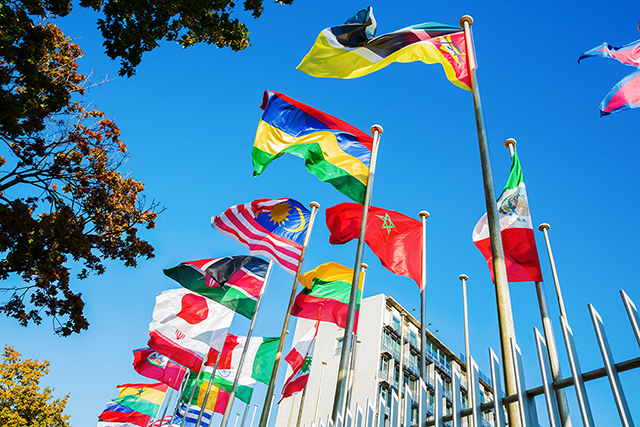Higher Education Conversation on Equity and Vulnerable Groups
This is the fourth in the series of Higher Education Conversation.
Despite significant progress made in the last decade, millions around the world are still denied their right to education, and learning opportunities continue to be unequally distributed. This trend impacts all educational levels, including that of higher education.
Vulnerable groups are most at risk, notably refugees and displaced populations, persons with disabilities, ethnic minorities, students from low socio-economic backgrounds, Indigenous populations and students from rural backgrounds, among others. These groups remain underrepresented among higher education students, with only 5% of eligible refugee youth enrolled in higher education, for example. The Covid-19 pandemic has widened inequalities and placed a financial burden on many higher education students, leading to a 3.5% dropout rate.
To make quality higher education accessible for all, it is essential to develop and implement inclusive and equitable policies and programmes that remove barriers to participation and achievement for all learners, regardless of their gender, sex, ability, ethnicity or socio-economic background and eliminate all forms of discrimination in the learning environment. This is particularly important at a time of growing demand for higher education, with enrolment expected to double by 2030, and increasing pressure on higher education systems to leave no one left behind.
UNESCO’s Global Convention on Recognition of Qualifications concerning Higher Education aims to facilitate academic mobility across regions, improve quality and enhance inter-university cooperation. It is a paramount tool for inclusion in higher education, with specific provisions on the recognition of qualifications for refugees and displaced persons. UNESCO has taken this commitment one step further through the UNESCO Qualifications Passport for Refugees and Vulnerable Migrants (UQP), piloted in Iraq and Zambia, to facilitate these groups’ access to education and the labour market.
Key questions to be examined:
- How can different vulnerable/marginalized populations be supported in accessing and receiving quality higher education?
- What equity policies are necessary for both governments and higher education institutions to support more inclusive approaches in higher education?
- What does inclusive higher education entail? How do factors such as language, environment, the type of knowledge and research, and physical vs. online participation influence inclusion?
- What are the benefits of recognizing the qualifications of refugees and displaced persons, both for the individual and for host communities at large?
- How can higher education institutions ensure the right to higher education for all with an overarching human-rights approach, while also addressing the unique needs of different marginalized peoples?
Useful Links
- Registration
- Concept note and agenda
- Higher education conversations
- UNESCO's action on higher education
Source: https://events.unesco.org/event?id=4095238140&lang=1033





